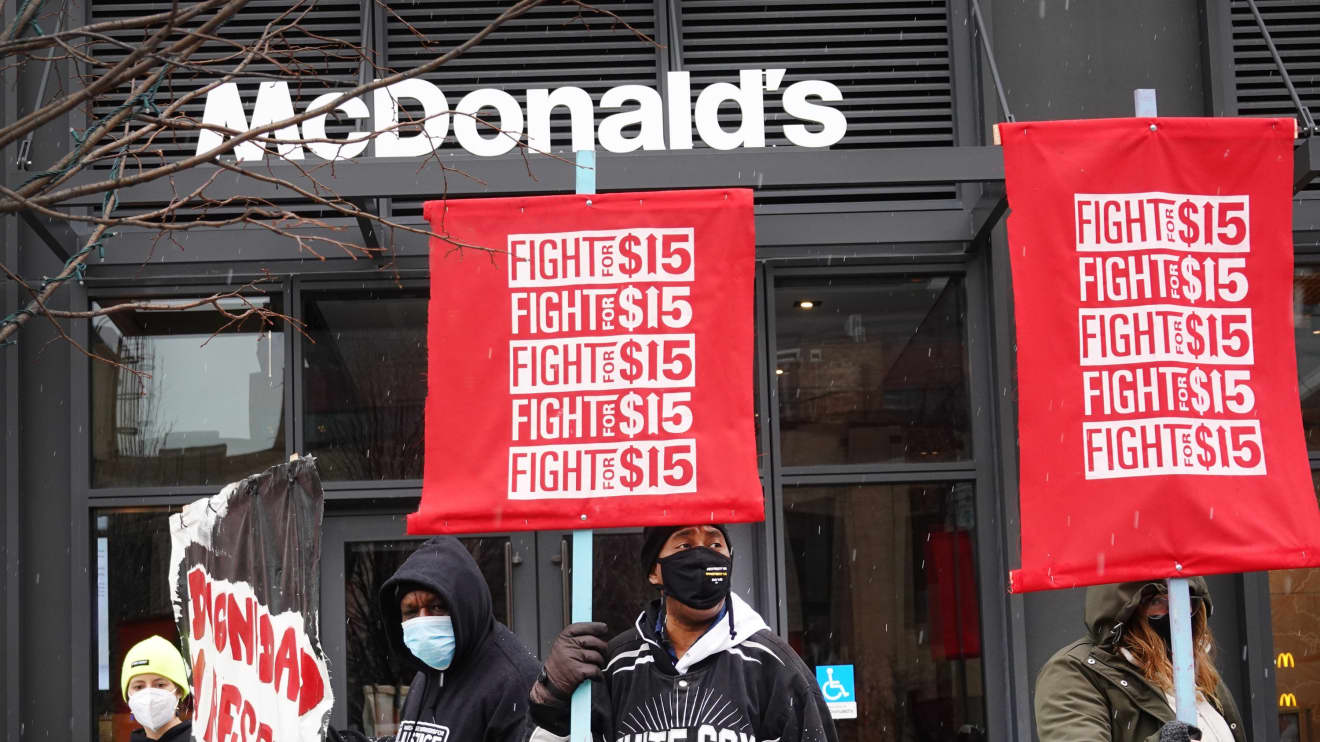When it comes to the history of market crises, fund manager Tom Plumb has endured his fair share — the 1970s oil embargo, the market crash of 1987, the dot-com boom and bust, and the 2007-09 recession.
“You know, the [COVID-19] pandemic is going to be with us longer than people think,” the portfolio manager of the Plumb Balanced Fund
PLBBX,
But unprecedented and rapid government moves are what sets this crisis apart from past ones, he said. “These efforts reduce the short-term pain of the current recession, but we will have to see if the long-term growth will be impacted by eliminating the cleansing of economic inefficiencies usually accelerated by recessions,” he added.
And Plumb worries investors are blind to related problems down the road, such as rent deferrals that have been expanded by the government. “If you and I have trouble making our $500 a-month rent payment [now], what are we going to do in 100 days when we have $6,000 rent in arrears,” he said.
Read: Biden plans to extend national-eviction moratorium through September 2021
“So we’re very concerned about some financial institutions. And it’s not just the banks, but obviously there are hedge funds, mutual funds that have lent a lot of money to the real-estate industry,” Plumb said.
On the flip side, the COVID-19 pandemic has ushered in opportunity and “strong secular trends that will benefit,” as economic activity eventually picks up, the manager of the $150 million fund noted. In last April’s first wave of the pandemic, Plumb flagged companies that he thought would do well, based on momentum they already had going.
Among the companies he recommended were e-commerce giant Amazon.com
AMZN,
Plumb said they have tried to dig even deeper when looking at where that revolution is headed. That expanded reach has led him to another top holding, MercadoLibre
MELI,
The company got its start in Brazil, but has now worked its way through all of Latin America, and PayPal, incidentally, was an early investor. During the pandemic, MercadoLibre’s universe “expanded dramatically,” as lots of unbanked individuals “had to figure out how they were going to purchase things,” said Plumb. The company’s net revenue rose by 85% in the third quarter annually, with shares up 12% so far this year after a nearly 200% gain in 2020.
Another big part of the digital revolution is integration of payments systems. That brings us to two other companies in his portfolio right now: financial-transaction services group Fleetcor Technologies
FLT,
“I think right now if [as a company] you don’t have the ability to get the efficiencies provided by digital wallets by business expense processing, you’re going to find yourself at a significant disadvantage,” said Plumb.
Staying on the revolution path, he’s also keen on Canadian cannabis company Canopy Growth
CGC,
“So here we have a company that has a very good product line, very good cash flow, will benefit from the reopening of the economy but also has this other event that could be a significant catalyst for unlocking value,” he said. Canopy shares are up 33% this year after a 40% gain over 12 months.
Among the things that tripped him up last year, Plumb said he sold Booking Holdings
BKNG,
And while keen on the disruption theme, he is also not against looking at some of the blue chips that haven’t been leaders in the last decade. Companies such as beverage maker PepsiCo
PEP,
“I can’t be afraid of the whole market when there’s companies that I think are relatively safe, or at least their cash flows and their business models are, and could reward investors,” said Plumb.







